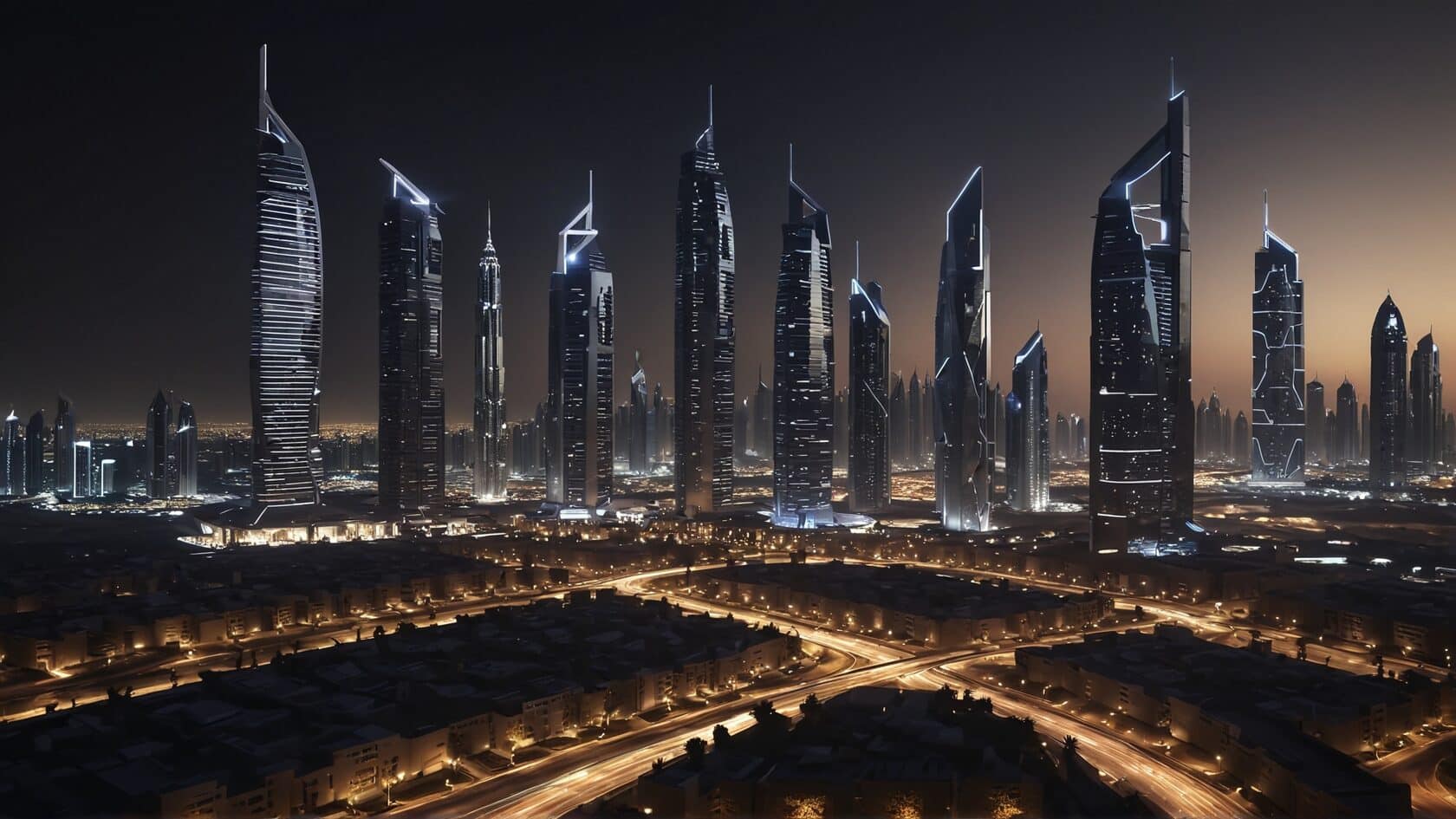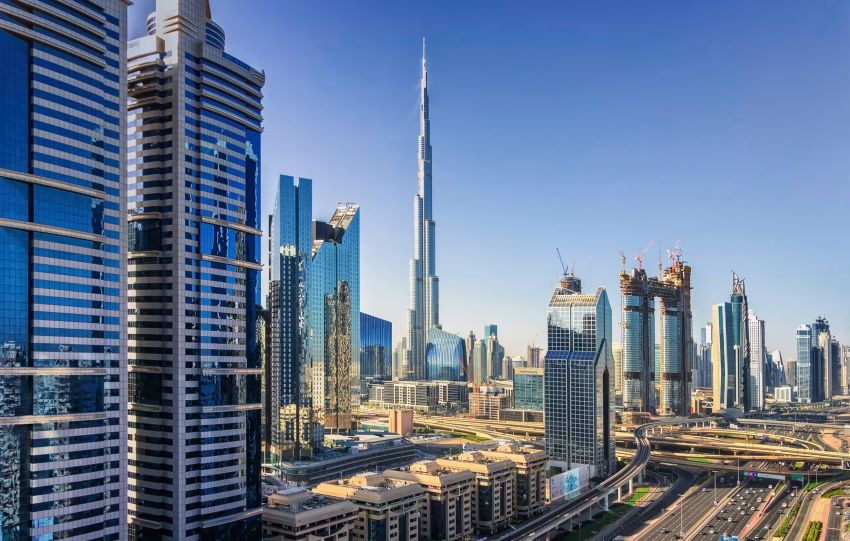Key Takeaways
- UAE’s GDP reached Dh1.776 trillion in 2024, with a 4% growth overall.
- Non-oil sectors contributed 75.5% to the economy, indicating successful diversification.
- Transport and storage led growth at 9.6%, driven by increasing air traffic.
- The construction sector saw an 8.4% rise due to major infrastructure investments.
- Financial and insurance activities rose by 7%, showcasing the UAE’s regional financial strength.
- Trade was the largest contributor to the non-oil economy at 16.8%, reaffirming UAE’s status as a global logistics hub.
- Long-term growth aims to reach a GDP of AED 3 trillion by 2031, reflecting strategic economic aspirations.
The United Arab Emirates (UAE) continues to demonstrate robust economic growth, reaching a GDP of Dh1.776 trillion in 2024, marking a 4% overall growth. A deeper exploration into these figures reveals the impressive contributions of non-oil sectors, which now account for 75.5% of the country’s GDP. This shift underscores the success of UAE’s strategic economic diversification efforts. But what exactly fuels this non-oil growth, and how has the UAE positioned itself for future economic challenges? Let’s delve in.
Understanding the Figures
The UAE’s economic landscape has undergone a significant transformation, as evidenced by the rapid growth in its non-oil sectors. In 2024, the following key areas emerged as primary contributors:
- Transport and Storage: Surging ahead with a 9.6% growth, this sector has benefited significantly from increased air traffic in the UAE. With the country’s airports handling more passengers year-on-year, this underscores the strategic importance of the UAE as a transit hub connecting East and West.
- Construction: This sector experienced an 8.4% boom, fueled by substantial investments in infrastructure and urban development. The UAE’s skyline continues to evolve with ambitious projects that not only boost the economy but also attract global interest.
- Financial and Insurance Activities: With a 7% increment, this sector mirrors the growing strength of the UAE as a regional financial powerhouse. As financial markets expand, the UAE is solidifying its status as a vital financial hub.
- Trade: As the largest contributor to the non-oil economy (16.8%), the trade sector highlights the UAE’s pivotal role as a global logistics and commerce hub. The strategic location and world-class infrastructure further echo the UAE’s narrative of seamless connectivity and trade facilitation.
Strategic Economic Diversification
The diversification strategy in the UAE isn’t a recent phenomenon but rather a calculated path mapped out through initiatives such as the ‘We the UAE 2031’ vision. Here’s how the strategy has evolved:
- Policy Frameworks: The UAE government has implemented policies that encourage innovation, investment, and private sector participation. Special economic zones and start-up incubators have been instrumental in cultivating a vibrant business ecosystem.
- Sectoral Investments: The drive towards knowledge-based industries encapsulates investment in sectors such as renewable energy, technology, and education, offering sustainable growth and mitigating dependency on oil.
The Road to 2031: Economic Projections
The UAE is on a trajectory to accomplish a GDP of AED 3 trillion by 2031. This ambitious goal involves:
- Continued Expansion: Existing sectors are expected to further expand, supported by continuous infrastructure upgrades and digital transformations.
- International Collaborations: Enhanced strategic partnerships with international entities will facilitate knowledge exchange, technology transfer, and economic synergies.
- Sustainability Goals: Aligning with global sustainability trends, investments in green technologies and sustainable urban designs are pivotal for future growth.
The UAE’s evolution into a diversified economy underscores the vision of its leaders and resilience of its economic strategies. By reducing over-reliance on oil, fostering an environment where non-oil sectors can thrive, and setting ambitious growth targets, the UAE is not only shaping its own economic future but also serving as a model for diversification on a global scale.





